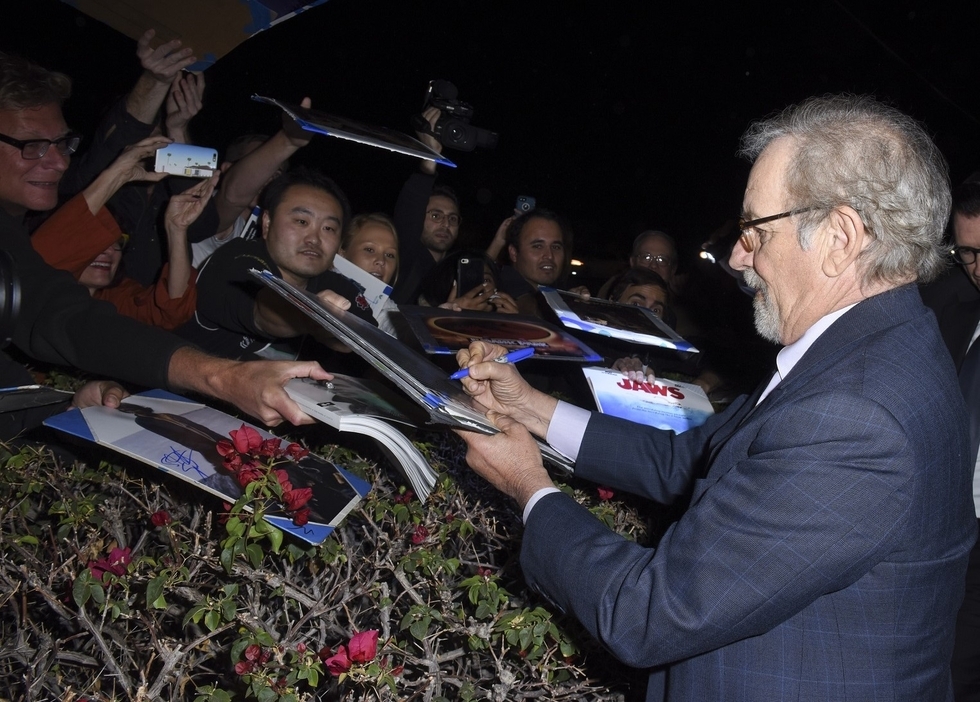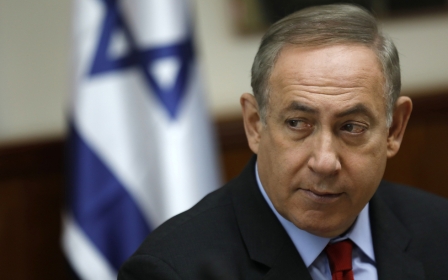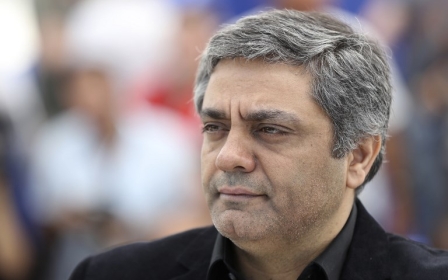Lebanon bans Spielberg's 'The Post'

Lebanese authorities have banned Steven Spielberg's latest film, the political thriller The Post, an official said on Monday.
"Screening of the film 'The Post' has been banned," said the official from Lebanon's General Security authority.
Spielberg "is blacklisted by the Arab League's boycott office, which Lebanon complies with," the official explained.
The pan-Arab body maintains a regional boycott of Israel, and blacklisted Spielberg after he donated $1m to Israel during its destructive 2006 war with Lebanon.
The two countries are still technically in a state of war.
After being accused in 2006 of being critical of Israel following the release of his movie Munich, Spielberg, who is Jewish American, told German magazine Der Spiegel: “If it became necessary, I would be prepared to die for the USA and for Israel.”
Former MP Fares Souaid described the ban as “stupid,” citing comments by Foreign Minister Gebran Bassil who said last month that Lebanon does not have an ideological problem with Israel.
While Lebanon is generally considered the most liberal of Arab countries, it occasionally bans content considered immoral, inciteful or supportive of Israel.
General Security - in addition to controlling Lebanon's borders - is responsible for censoring films, plays and books.
The Post was slated for release on 18 January in Lebanese theatres.
The acclaimed production tells the behind-the-scenes story of the 1971 publication by The Washington Post of the Pentagon Papers, which exposed the lies behind US involvement in the Vietnam War.
Starring Hollywood heavyweights Tom Hanks and Meryl Streep, the film has been hailed for using star power to highlight the virtues of a free press.
An unidentified official from General Security told Lebanese daily Annahar that the ban against the film was not negotiable because Spielberg is on the Arab boycott list, which Lebanon legally abides by.
However, previous movies by the director, including the BFG and Bridge of Spies were shown in the country.
Opponents of censorship decried the decision as an attack on free speech in a country known for its relatively liberal values in the region.
“Have we become like [other] Arab countries? Let freedoms be, and every person can make their political choices,” one Twitter user remarked.
The censorship axe also hit Jungle, a survival drama about Israeli adventurer Yossi Ghinsberg, who got lost in an uncharted part of the Bolivian Amazon in 1981.
Last year, Lebanon banned Hollywood blockbuster Wonder Woman because lead actress Gal Gadot had served in Israel's military.
French-Lebanese director Ziad Doueiri was held for questioning by Lebanese authorities in September over his film The Attack, which was partially shot in Israel.
New MEE newsletter: Jerusalem Dispatch
Sign up to get the latest insights and analysis on Israel-Palestine, alongside Turkey Unpacked and other MEE newsletters
Middle East Eye delivers independent and unrivalled coverage and analysis of the Middle East, North Africa and beyond. To learn more about republishing this content and the associated fees, please fill out this form. More about MEE can be found here.




